Hassan El-Hassani
Birth : 1916-10-24, Ksar El Boukhari, Algérie
Death : 1987-12-09

Directed by Amar Laskri.

Mouloud
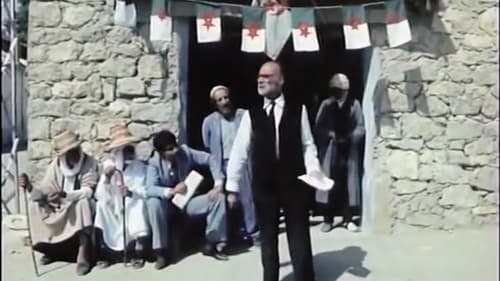
Directed by Ahmed Rachedi.

An arranged marriage as seen through the eyes of an unhappy young Algerian woman.
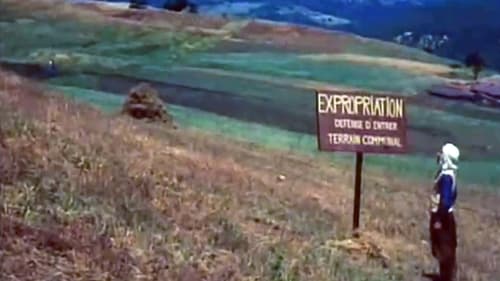
In 1880, in colonized Algeria, it was decided that the Algerian peasants of the Ouarsenis mountains would see their lands dispossessed in favor of the French colonists. Two methods were used to achieve this, either by sheer force or by a ploy forcing the fellahs to pay fines too high to be paid. The uprooted must then leave for the cities, swelling the mass of proletarians in the slums ...

Directed by Sid Ali Mazif.

Directed by Djafar Damardji.
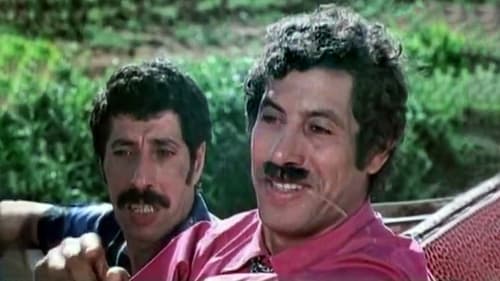
Directed by Moussa Haddad.
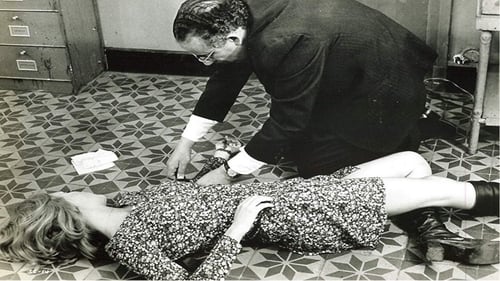
le notaire
Following a robbery in a circus, a young mobster, Jean, is arrested by Inspector Borelli. The thug denies involvement. To compel him to sign a full confession, Inspector Muller encourages the suspect to get married for - he says - to move the jury. This being done, he lets Jean believe that he can spend a moment alone with his wife; but then, Inspector Borelli blackmails him: "If you sign your confession, you can spend a moment with her." After being beaten, Jean signs a confession. It is then that a new blackmail intervenes: "the name of the accomplice?", asks the inspector. But the thug refuses to denounce the latter and ends up refusing the bargain dupes. While the guards drive him back to prison, his wife cuts his veins, breaking the career of the bad policeman.
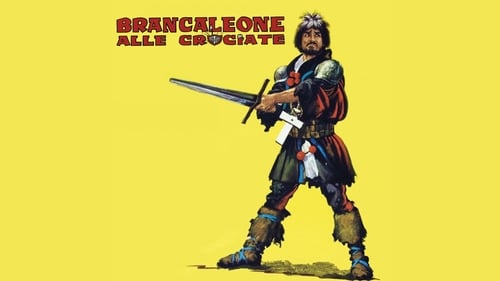
After saving an infant of royal blood, knight Brancaleone forms a new army and sets out to return the baby to his father: a prince fighting in the Crusades.
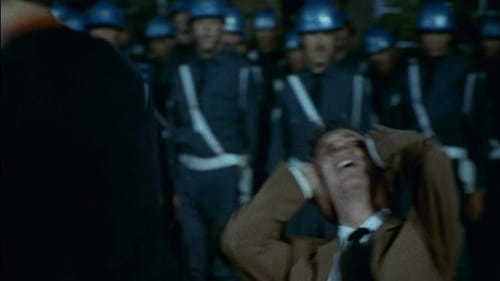
General's Chauffeur
Amidst a heated political climate, the opposition leader is killed in what appears to be a traffic accident. When a magistrate finds evidence of a government cover-up, witnesses start to get targeted. A thinly-fictionalized account of the events surrounding the assassination of Greek politician Grigoris Lambrakis in 1963, Z captures the outrage about the military junta that ruled Greece at the time.
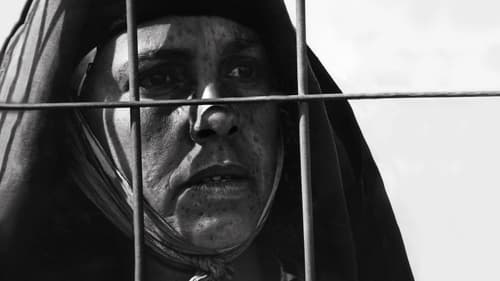
This black-and-white film – the first road movie of Algerian cinema – presents one of the most readily apparent, though subtle, transformations of the daily life of the people of Algeria brought about by the ordeal of French occupation and the war of liberation. With military repression in full force, a peasant woman finds herself alone in her house in the mountains when her only son is taken away by French soldiers soon after her husband is killed in a raid. One day, on seeing a dead chicken, which she considers a bad omen, she decides to leave home, and sets off on a tiring journey through the mountains. With a pair of chickens in tow, she moves from one detention camp to the next in a desperate search for her missing son. The film was inspired by events experienced by the family of its director.
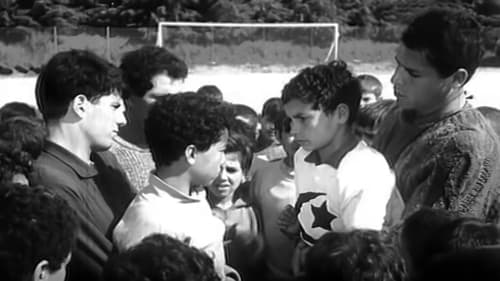
The first fictional feature film produced in Algeria after independence, this film addresses one of the most worrying problems: that of childhood. Children, freedom regained, do not yet know how to play “at peace”, they naturally play “at war”.




